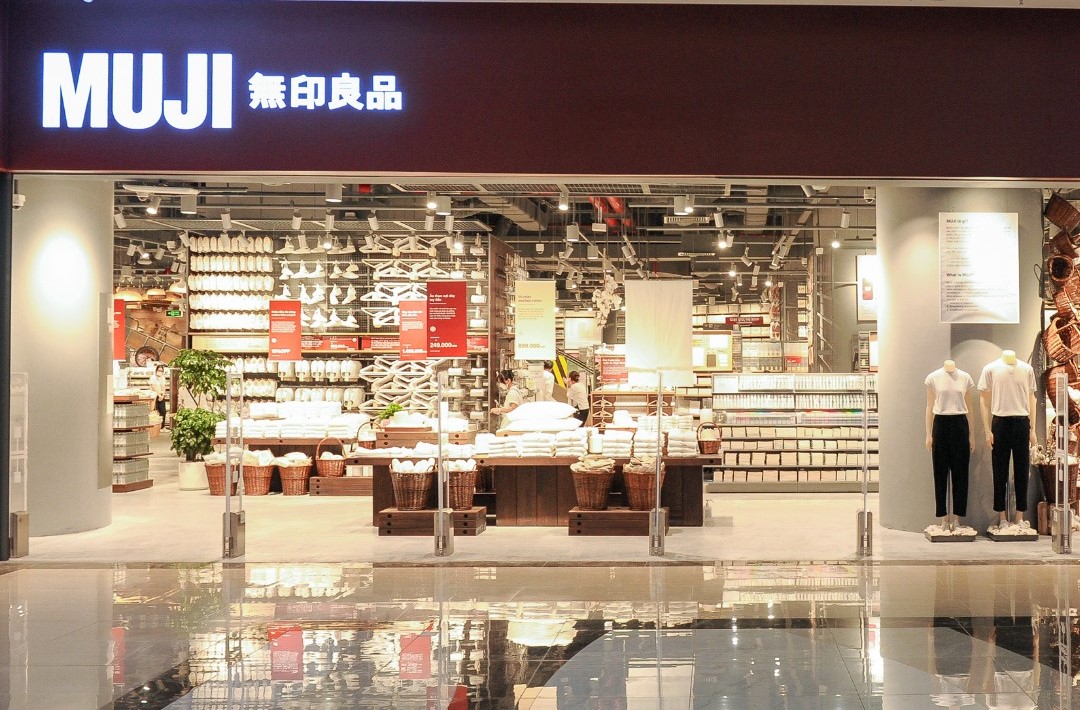MUJI, a Japanese fashion and home goods brand, has officially kicked off delivery services on Meituan, the market king among China’s food delivery apps. In a matter of hours or even 20 minutes (as happily reported by a Meituan reviewer), customers are now able to receive their goods right at their doorsteps.
Since its launch on 1 June, the initiative has taken off at great speed with a whopping 300,000 online users already taking advantage of MUJI’s new instant delivery service. As of 13 June, more than 200 MUJI stores in China have started delivery service on Meituan, which accounts for almost 80% of stores nationwide. Their release comes right in time for the upcoming 618 shopping festival.
An important reason why MUJI’s delivery service has taken off is that it maintains the “same price and quality both offline and online” which customers enjoy. That, and it is extremely convenient. Knowing very well that consumers – especially Gen Z – wish to have the speediest deliveries possible, yet would most likely hesitate at the sight of a hefty delivery fee, MUJI created incentives to attract online customers. These include delivery fee reductions, discounts of up to 70 RMB ($10.43), and even product bundles to sweeten the deal.
According to MUJI’s parent company’s financial report for the first half of 2022, sales in mainland China began to decline around February. In fact, same-store sales had fallen by 6.6% year-on-year due to poor sales of apparel. MUJI took a further blow as the pandemic caused a sharp decrease in both offline and online sales performance. By making their products available for purchase on Meituan, MUJI enables the company to keep their business afloat in China while offline stores are gradually awake from their slumber.
The iconic symbol of minimalism is not the only brand expanding to delivery apps, though. Other beauty retailers such as Innisfree, Perfect Diary, and The Colourist have already shifted part of their business to on-demand delivery platforms such as JD.com, Daojia, and Eleme. In the ever-growing “lazy economy”, companies who can go the extra mile for their customers are most likely to yield the best results.
All things considered, MUJI’s move highlights the possibilities awaiting brands who make their products available on delivery apps. By keeping up with the consumer need for quick and speedy delivery services, MUJI is welcoming what could be the beginning of an era of micro-commerce.









